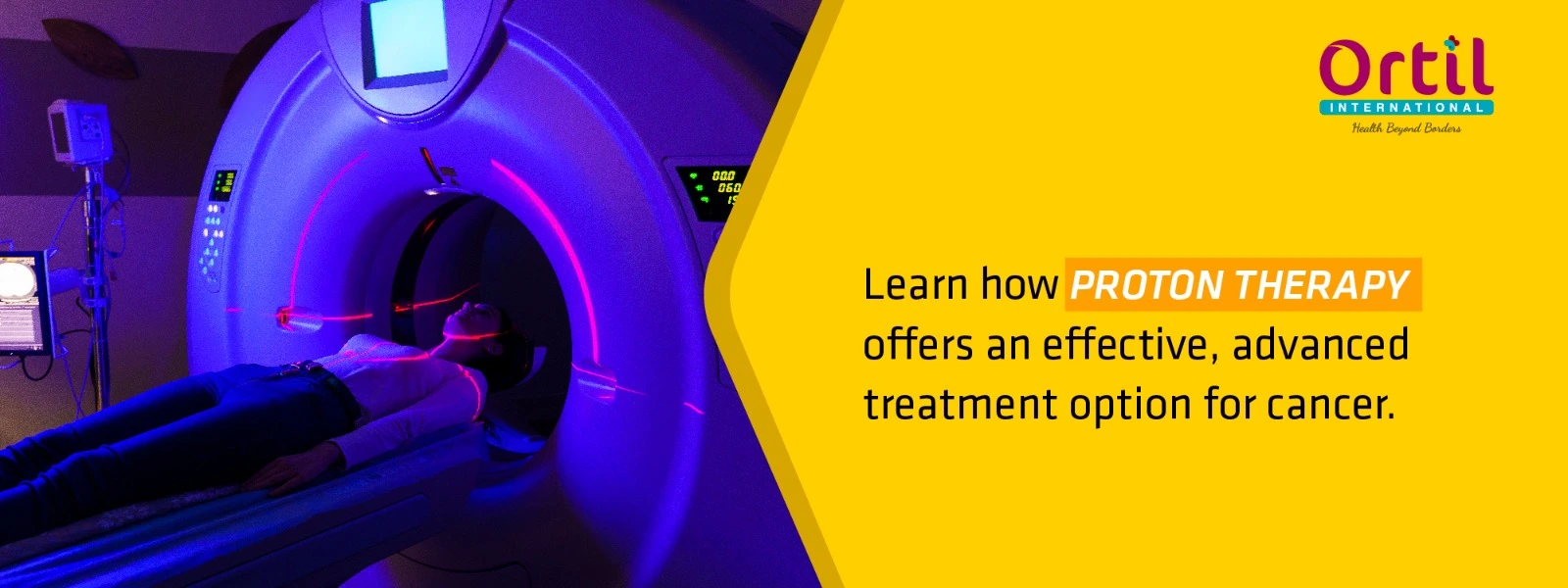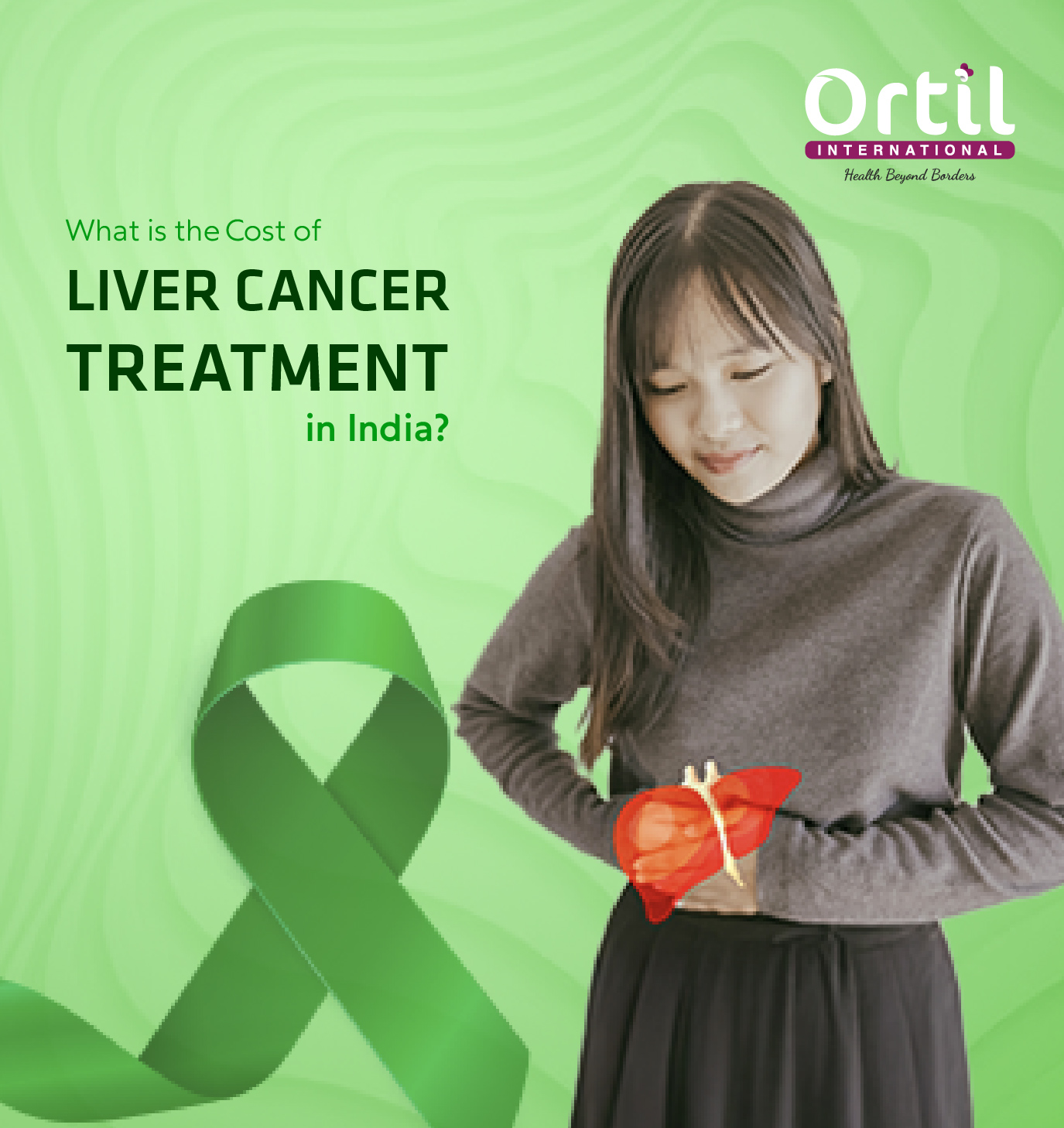Proton Cancer Therapy-An Effective Way for Defeating Cancer
Cancer is a complicated disease for which many treatments are used. These treatments may include chemotherapy, radiation therapy, surgery, hormone therapy, and proton therapy. Proton therapy is one of the latest techniques used in oncology. In proton cancer therapy, high doses of radiation are directly delivered to tumors, which also minimizes the damage to healthy tissues in the surroundings.

What is Proton Therapy?
Proton therapy is one of the latest technologies used in treating cancer. It is a radiation treatment for tumor cells. It has the advantage of limiting damage to healthy tissues in the surrounding by targeting only cancer cells.
In proton therapy, a focused beam of protons targets and destroys cancer cells precisely. This treatment, also known as proton beam therapy, reduces the risk of damaging surrounding healthy tissues as compared to traditional radiation therapy by delivering radiation according to the shape and size of the tumor.
What type of Cancer can be Treated with Proton Therapy?
Proton therapy is an effective treatment for cancer located in any part of the body. It targets cancerous cells as well as non-cancerous cells found in various types of tumors. This treatment can also be used to treat tumors comprising different cell types that are even located in sensitive areas. Some of the types of cancers that can be treated with proton therapy include the following:
- Brain Cancer
- Breast Cancer
- Esophageal Cancer
- Eye Cancer
- Head and Neck Cancer
- Liver Cancer
- Lung Cancer
- Lymphoma
- Pancreatic Cancer
- Pediatric Cancers
- Prostate Cancer
- Sarcoma
- Spine Cancer
How Proton Therapy Works on Cancer?
Proton beam therapy is an advanced medical treatment that targets tumor cells by damaging the DNA of cancer cells, which ultimately leads to the destruction of cancer cells. The procedure of proton beam therapy has various steps and are described as follows:
- This process begins with the separation of protons from hydrogen atoms.
- After that, these protons are accelerated in an advanced particle accelerator, such as a synchrotron or cyclotron.
- After the accelerating process, these protons pass through the specialized device that has the capacity for 360-degree rotation.
- This device, mainly a gantry, uses a powerful magnet to concentrate the protons into a thin beam of just 5 millimeters wide.
- This beam of proton is then directed at the tumor from various angles as the gantry moves around the patient. Unlike traditional radiation therapy, the energy of the proton beam can be changed to match the depth of the tumor, which allows different radiation levels to be at various levels in other areas of the cancer.
- The high-energy proton radiation damages the DNA of cancer cells and kills them. Destroying DNA also limits the ability of cancer cells to repair themselves or produce new cells.
It is essential to note that the efficacy of proton therapy depends on several factors, including the size and location of the tumor, along with other individual circumstances.
Why is Proton Therapy Safer and More Effective?
Proton therapy is a type of radiation treatment that is considered to be safer and more effective than traditional radiation therapy. This is due to its ability to precisely target tumor cells while minimizing damage to surrounding healthy tissue.
In traditional radiation therapies, X-rays and photons are used to deliver radiation to the tumor that can also extend to the tissues in the surroundings. Due to this precision proton therapy, it can provide the following benefits:
- Proton therapy can preserve important functions in the brain, such as speech or memory, when a tumor is near areas that control these functions.
- It minimizes the exposure of radiation to vital organs like the heart and lungs when treating cancers of the breast or spine.
- It can reduce the risk of pediatric cancer from long-term side effects.
What is the Cost of Proton Therapy?
The cost of proton therapy in India ranges from 25,00,000 to 30,00,000 INR. The cost can vary for each patient according to the location of the tumor, the size of the tumor, and the number of sessions required. However, the cost is still much lower than in other developed countries.
Conclusion
Proton therapy is an advanced technology used to treat various types of cancer in different parts of the body. It helps minimize damage to healthy tissues and improves treatment effectiveness in sensitive areas near vital organs or structures.
FAQ's Of Proton Cancer Therapy
How Many Days is Proton Therapy?
Proton therapy can take many days, according to the number of sessions required for each type of cancer.
How many People have been Treated With Proton Therapy?
About 200,000 patients have been treated with proton therapy worldwide.
Is Proton Therapy for Everyone?
Proton therapy is not always the only treatment for treating cancer. It can also be used in combination treatment.
Does Proton Therapy Affect the Brain?
Proton therapy limits the radiation exposure to healthy tissues of the brain when treating tumors.
Is Proton Therapy the Future?
According to current research, most of the cancers can be treated with proton therapy soon.
















